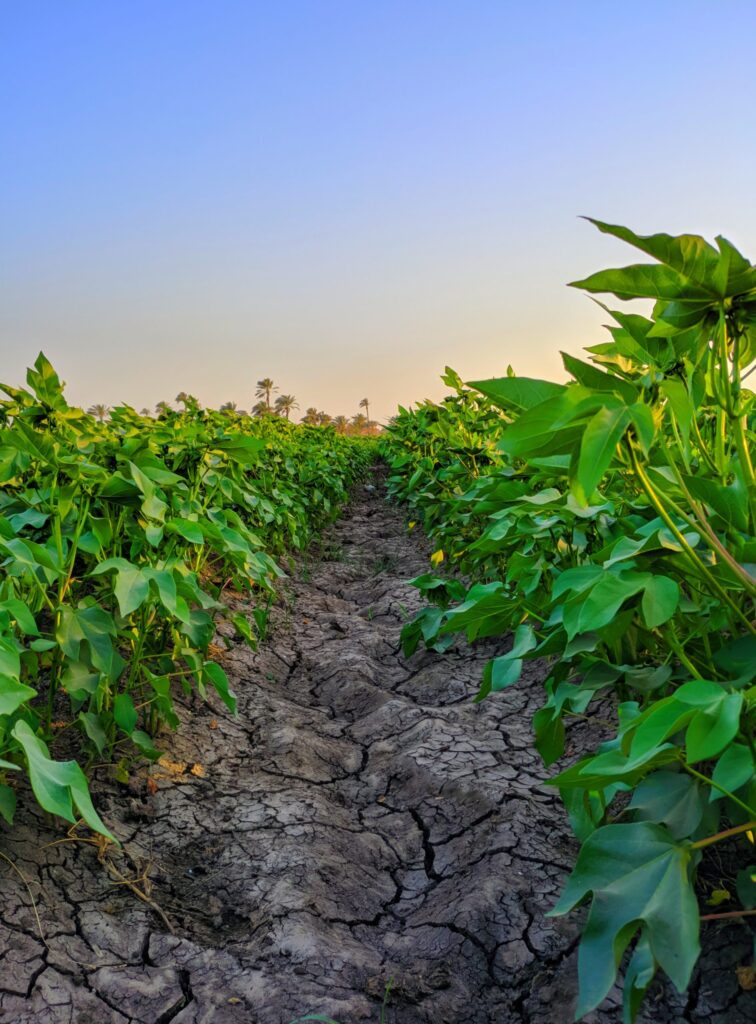Soil health is one of the most fundamental aspects of agriculture. And while the agro-industry has been quite adept at using the soil to its benefit, attempts at conserving it have fallen short of the mark. Recent developments in soil engineering practices have changed this paradigm, with usage of the right equipment and practices for maintenance of soil health becoming more popular by the day.
The last few decades of agriculture have been primarily marked by a shift towards intensive methods of farming. While this was a viable solution for the growing demand for food, it did not serve as a sustainable means of production. Intensive farming and inversion tillage have led to widespread depletion of nutrients in the soil and erosion.
More and more farmers are turning to new equipment that can help them craft a holistic method of production to ensure sustainability and build the capacity for yield maximization.
The growing nature of soil issues
Most agricultural soil has become quite vulnerable. Not only is it depleted of nutrients, but it lacks the capacity to retain water, fight the natural growth of weeds, or offer sufficient nutritional quality to the crops. The typical method that farmers worldwide adopt while combatting these factors is the usage of chemical components. But overt usage of fertilizers, pesticides, herbicides, etc. can further aggravate problems with soil health.
So, the responsibility to ensure that a way forward can be developed falls on soil engineers. With the help of the right tillage equipment, these problems can truly be addressed such that a sustainable process is developed.
The factors that decide the equipment
While there are many types of modern agricultural equipment that can be used to improve soil health, a few aspects need to be kept in mind while choosing between them. Chief among these concerns is the need for reducing erosion, which is best done through the rejection of traditional inversion tillage. With a shallow-working tillage tool like the KELLY Tillage System, erosion can be combated by reducing disturbance to the root zone and maintaining year-round ground cover.
Shallow-working Disc Chains are perfect for the current condition of the soil and its needs. Furthermore, they reduce evaporation by breaking soil capillaries, building up the soil’s ability to retain moisture so that water conservation practices can be enabled. Water conservation is another acute need of the current agricultural landscape, and preserving it can solve multiple soil issues.
Lastly, the right engineering equipment needs to be accessible. Soil health issues are felt all around the world. With impacted yields already affecting the funds available for farmers, it’s important that any new purchase has a net-positive value proposition for the farm. Once again, the KELLY Tillage System serves this condition perfectly. Many farmers find that their machine pays for itself in the first year with the resultant savings in herbicides, fuel and labour.
Ushering in the era of smart agriculture
Agriculture needs to evolve, and this can only happen through technology that keeps in mind the acute needs of the agricultural landscape. With the help of the right technology, many countries have been able to achieve great outcomes and create a viable solution to most of the soil issues that they face. As long as we continue to champion the needs of the soil we will surely build a process that is holistic in nature and ensures sustainability.
Science is the way forward, and we must adopt it keeping in mind the particular needs that require immediate resolution.


